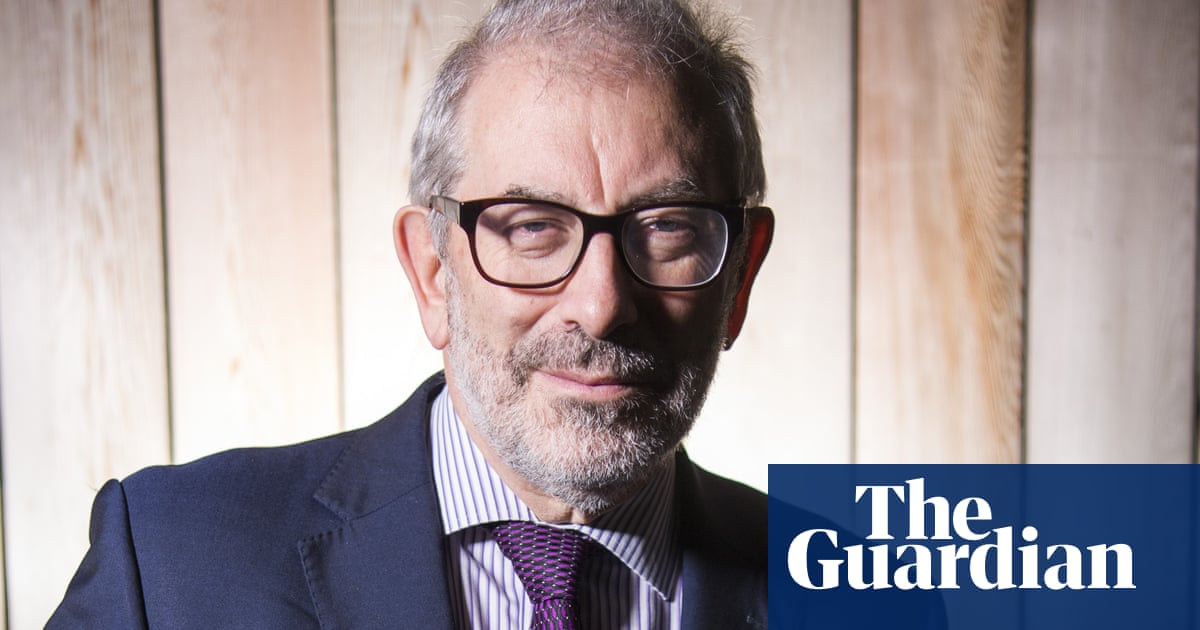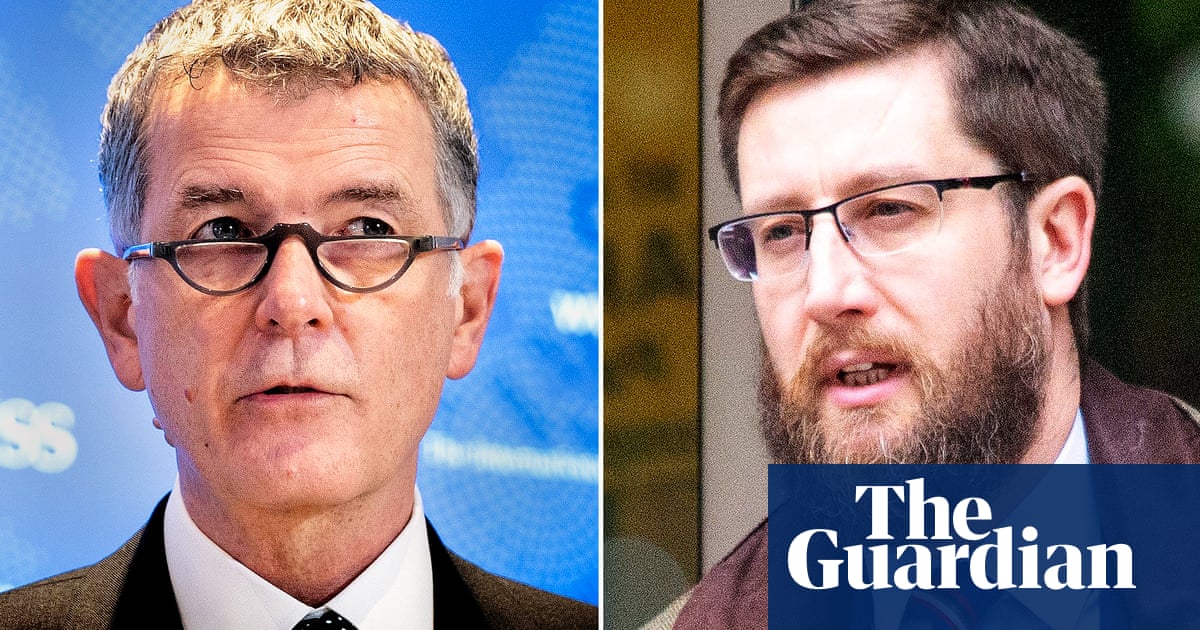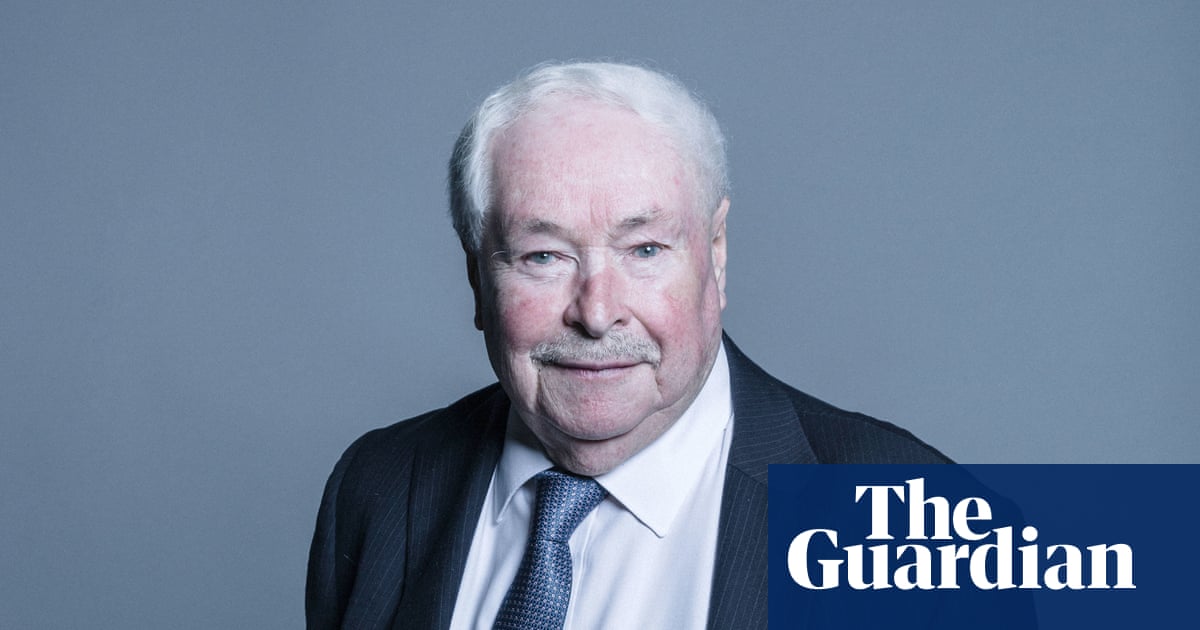
One of the most senior civil servants under three prime ministers between the 1970s and 1980s has died at the age of 93. Lord Armstrong of Ilminster served in the highest echelons of government under Ted Heath, Harold Wilson and Margaret Thatcher.
Born in Headington, Oxford, on 30 March 1927, Robert Armstrong was educated at Eton and then Oxford before entering the civil service. He rose rapidly through the ranks to become principal private secretary to the prime minister in 1970.
He served Edward Heath from 1970 to 1974 and Harold Wilson from 1974 to 1975. Knighted in 1978, he went on to serve as cabinet secretary to Thatcher’s government between 1979 and 1987.
Despite his successful career, Armstrong became forever associated with the phrase “being economical with the truth” for his role in the Spycatcher trial in 1986. The British government was seeking to ban the publication of the autobiography of former senior MI5 officer and assistant director Peter Wright. Wright wrote the book in Tasmania following his retirement, but publication in the UK was banned after the government alleged it leaked confidential information.
Armstrong was later sent as a key witness when the British government sought a similar order in Australia. He was widely ridiculed in the British press for his ambiguous and apparently deceptive answers in exchanges with Wright’s lawyer Malcolm Turnbull - later prime minister of Australia. Armstrong became known for his definition of the difference between a lie and a misleading impression as “perhaps being economical with truth”. The phrase was coined by philosopher Edmund Burke but was not in popular usage before the Spycatcher trial.
The government’s bid to have the book banned in Australia was unsuccessful, and publicity from the court case helped Spycatcher become a bestseller.
Turnbull famously compared Armstrong to obfuscating and manipulative Sir Humphrey Appleby from the TV series Yes, Minister.
Armstrong was made a life peer in 1987 and sat in the House of Lords as an independent crossbencher. From 1994 to 2006, he served as chancellor of the University of Hull, and was chairman of the Sir Edward Heath Charitable Foundation until 2013.
Recently, Armstrong said: “Operation Conifer [which investigated allegations of historic child sex abuse by the former PM] produced not a single shred of credible evidence that Sir Edward Heath might have been guilty of child abuse and a lot of credible evidence to show he was not.”
He added justice required it should be accepted that Heath was not a child abuser, and “consign Operation Conifer to the dustbin of history”.
He was also strongly against the UK’s decision to quit the EU, saying: “I fear leaving the European Union will prove to be a threat to the integrity of the United Kingdom and a threat to the peace process in Northern Ireland and our relations with the Republic of Ireland.”
Armstrong had two daughters with his first wife Serena Chance, whom he married in 1953. The couple in divorced in 1985 and he went on to marry Mary Carlow.












